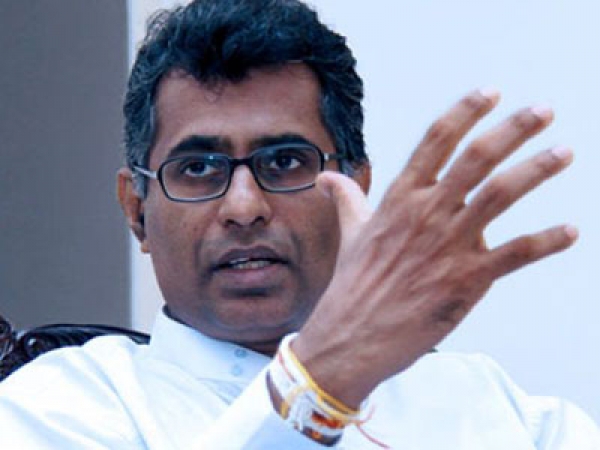Former Minister of Megapolis and Western Development and JHU General Secretary Patali Champika Ranawaka in a letter to Japanese Prime Minister Yoshihide Suga apologizing for any inconvenience caused to Japan due to the decision taken by the present Sri Lankan Government to discontinue the Japan-Funded Light Rail Transit (LRT) Project of Sri Lanka.
“I wish to extend this sincere apology to the government and people of Japan on behalf of the people of Sri Lanka for any inconvenience caused by the decision taken by the present government of Sri Lanka to discontinue this collaborative project” Minister Ranawaka stated.
“JICA-funded study carried out during 2008-2012, a combination of interventions was identified including Bus Rapid Transit (BRT), Bus Modernization, Railway Electrification, Double Line Railway and a Monorail system. Subsequently, during 2015-16, in a second detailed study carried out jointly by Japanese and Sri Lankan experts under the ‘ComTrans’ urban transport masterplan, the LRT solution was identified as the highest impact strategic intervention, which could be complemented by BRT and Bus Modernization et cetera. Seven LRT corridors were identified, finally narrowing down to four, with the most congested Kaduwela-Fort corridor as the highest priority” the former minister stated.
“JICA granted the funding for the project at a highly concessionary interest rate of 0.1 % per annum (and the consultancy component at 0.01%) with a 14-year grace period and a 40-year payback period. This was against a backdrop where the infrastructure financing of Sri Lankan Government during the preceding decade had mainly come in the form of international commercial debt secured at typical interest rates as high as 6-7% with 5 year payback” he has said in the letter to Japanese PM.
“Working in collaboration, the then Ministry of Megapolis and Western Development and JICA managed to complete all of relevant feasibility studies, conclude the loan agreements and launch the protect within two years--a record of speed and efficiency for a JICA funded collaboration of similar magnitude anywhere in the world,” the minister said.
He also said, “Japan remained Sri Lanka's largest development partner for a long time, stood by Sri Lanka's interests at important international fora, and is not known to have traded its development assistance with unhealthy and unfriendly economic or political pressures”.










